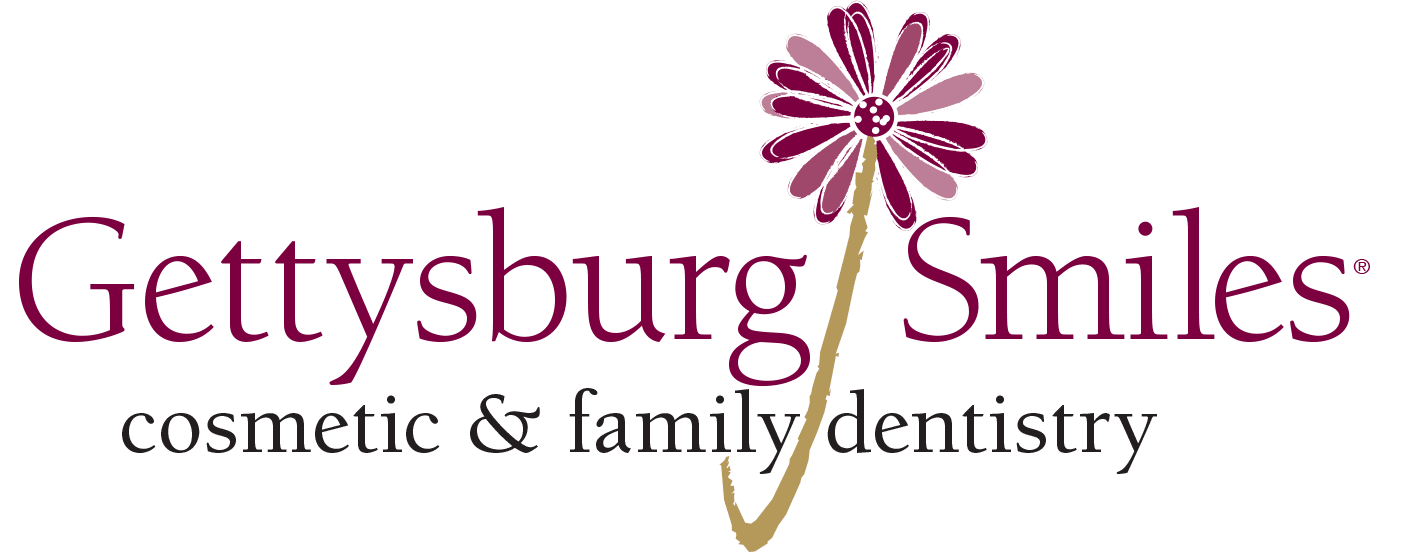Dental anxiety affects many people. The fear of dental procedures can prevent necessary care. This anxiety often stems from past negative experiences. Some people fear pain, while others dislike the lack of control. The sound of dental instruments can also cause unease. These fears can lead to avoidance of dental visits. Over time, this can result in poor oral health. The consequences can include cavities, gum disease, and tooth loss. Addressing dental anxiety is crucial for maintaining oral health.


What Is Sedation Dentistry?
Sedation dentistry offers a solution for anxious patients. It involves the use of medication to help patients relax. Sedation can range from mild to deep. Mild sedation keeps patients awake but relaxed. Moderate sedation may cause slurred speech and some memory loss. Deep sedation makes patients almost unconscious. Dentists choose the appropriate level based on the procedure and patient’s needs.
Types of Sedation Used in Dentistry
Dentists use several types of sedation. Nitrous oxide, or laughing gas, is the most common for mild sedation. Patients inhale it through a mask. The effects wear off quickly, allowing patients to drive home. In many cases, mild sedation is also used in combination with local anesthesia to help patients feel relaxed and pain-free during their appointment.
Benefits of Sedation Dentistry
Sedation dentistry offers many benefits. It could help patients overcome their dental anxiety. This allows them to receive necessary dental care. Sedation could also reduce the gag reflex. This often makes procedures more comfortable for some patients. It can also help patients with difficulty sitting still. Sedation helps dentists to perform multiple procedures in one visit. This can reduce the number of appointments needed. Patients often report little to no memory of the procedure.
Is Sedation Dentistry Safe?
Sedation dentistry is generally safe. Dentists receive training in administering sedation. They monitor patients closely during the procedure. Dentists evaluate patients’ medical history before administering sedation. This helps identify any potential risks. Patients should inform their dentist of any medications they take. This includes over-the-counter drugs and supplements. Certain conditions may require special precautions. These include sleep apnea, obesity, and pregnancy. Patients should discuss any concerns with their dentist.
Preparing for Sedation Dentistry
Proper preparation ensures a smooth experience. Patients should follow their dentist’s instructions carefully. This may include fasting for a certain period. Patients should arrange for transportation if sedation affects their ability to drive. Wearing comfortable clothing is recommended. Bringing a list of current medications is helpful. Patients should ask questions to address any concerns. Clear communication with the dentist is essential.
Aftercare Following Sedation Dentistry
Aftercare is important following sedation dentistry. Patients may feel groggy after the procedure. Rest is recommended for the remainder of the day. Patients should avoid driving or operating machinery. A responsible adult should accompany the patient home. Drinking plenty of water helps flush out the medication. Patients should follow any specific aftercare instructions provided. These may include dietary restrictions or activity limitations. Patients should contact their dentist if they experience any complications.
Choosing the Right Dentist for Sedation Dentistry
Choosing the right dentist is crucial. Patients should seek a dentist with experience in sedation dentistry. Checking credentials and qualifications is important. Patients should feel comfortable discussing their concerns with the dentist. A good dentist will explain the sedation process clearly. They will also address any questions or fears. Patients should trust their instincts when choosing a dentist. Positive reviews and recommendations can also guide the decision.
At Gettysburg Smiles, we understand how stressful a trip to the dentist can be. We offer sedation dentistry for our patients who may struggle with dental anxiety. Call our office today to schedule a consultation and learn more about how sedation could help you.
